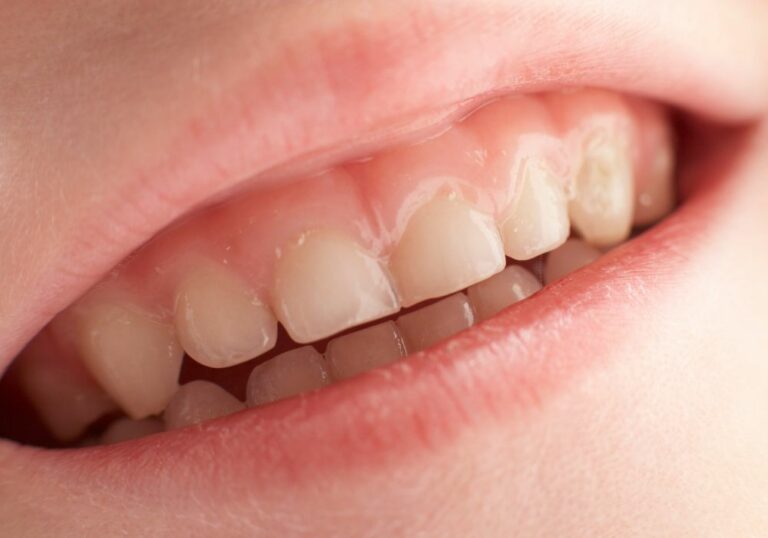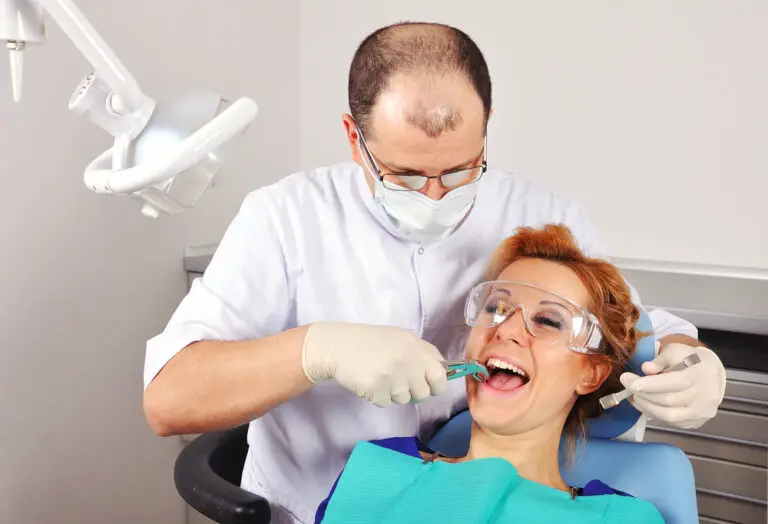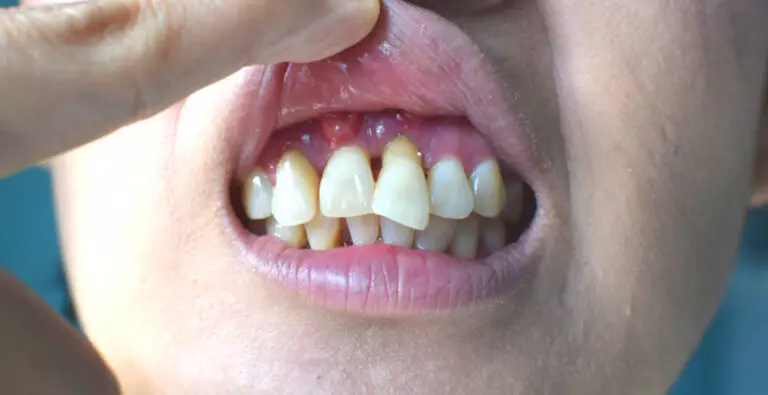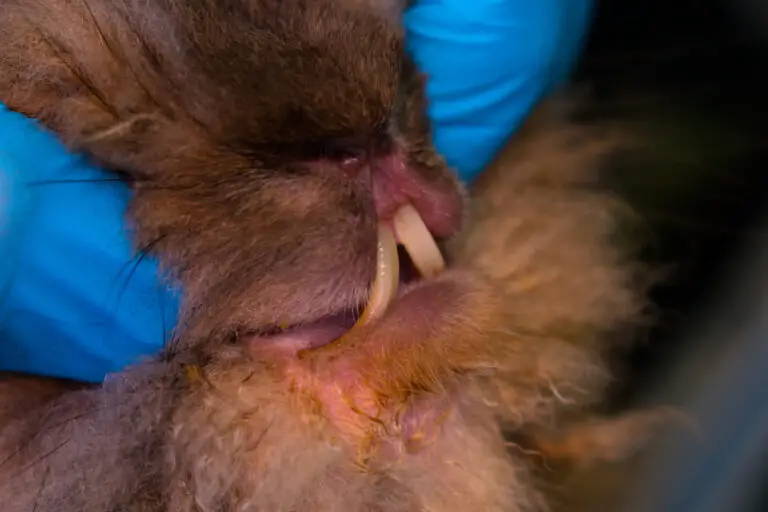What causes gum swelling around wisdom teeth?
Wisdom teeth, also known as third molars, are the last teeth to erupt in the mouth, usually between the ages of 17 and 25. They are located at the very back of the jaws and often become impacted or only partially emerge due to lack of space. This can lead to a number of problems, including pain, infection and swelling of the gums around the wisdom teeth.
Some common causes of gum swelling around wisdom teeth include:
Pericoronitis
This refers to inflammation of the gum tissue surrounding a partially erupted or impacted wisdom tooth. Food and bacteria can easily get trapped under the gum flap covering the emerging wisdom tooth, leading to infection and swelling. Pericoronitis is very common in wisdom teeth.
Infection
Wisdom teeth are prone to infections like pericoronitis. The swelling, pain and redness indicate your body’s inflammatory response to fight the infection.
Bacteria, food and debris accumulation around impacted or partially erupted wisdom teeth make the area more prone to infections. Other infections around wisdom teeth include abscesses and periodontal infections.
Injury
Injury to the gums and soft tissues around the wisdom teeth from biting or chewing can also lead to swelling and pain. The partially emerged tooth may have sharp edges that can poke and damage the gum.
Periodontal disease
Gum disease resulting from poor oral hygiene can also affect the wisdom teeth area leading to inflammation and swelling. The guns become irritated.
With periodontal disease, inflammation and swelling may also be present around other teeth, not just the wisdom teeth.
Tumors
Very rarely, swollen gums around wisdom teeth may be due to tumors like oral cancers or benign growths. See your dentist promptly if swelling persists without a clear cause.
Signs and symptoms of swollen gums around wisdom teeth
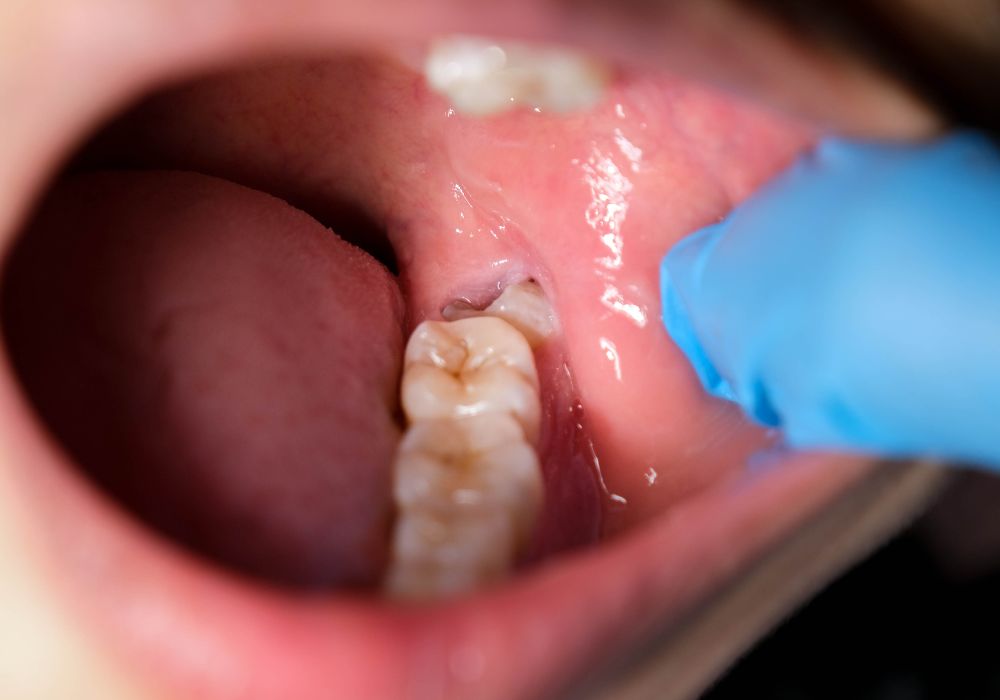
Here are some common signs and symptoms associated with swollen gums around wisdom teeth:
- Red, inflamed gums – the gums look swollen and puffy around the wisdom tooth/teeth.
- Tenderness and pain – the swollen gum area feels sore and painful, especially when eating or touching. Pain may radiate to the ear, jaw and neck.
- Difficulty opening mouth – swelling and inflammation can make it difficult to open the mouth fully.
- Bad breath – swelling blocks proper cleaning, leading to a bad odor from the mouth.
- Trapped food – swelling may trap food debris under the gum flap, causing more irritation.
- Bleeding from gums – the swollen gums may bleed easily when brushing or eating crunchy foods.
- Pus discharge – a pus-filled discharge may sometimes seep from the swollen gum tissue, indicating infection.
- Lymph node swelling – swollen lymph nodes under the jaw may accompany wisdom teeth swelling as the body fights infection.
- Fever – in case of a severe infection, fever may also be present along with gum swelling.
See your dentist immediately if you have persistent gum swelling around wisdom teeth accompanied by above symptoms. Timely treatment is necessary to resolve the problem and prevent complications.
When to see a dentist
It is important to have any gum swelling around your wisdom tooth examined promptly by a dentist. Here are some guidelines on when to schedule an emergency dental visit:
- Swelling that persists more than 2-3 days
- Severe pain and swelling that worsens
- Pus discharge from the gums
- Difficulty opening mouth
- Swelling spreading to face and neck
- High fever, chills, nausea
- Bleeding from gums not stopping
- Swelling and pain despite antibiotics
Do not delay dental evaluation if you have any worrisome symptoms along with gum swelling. The dentist will examine the mouth and may prescribe antibiotics or recommend dental procedures like extraction to treat the swollen gums around the wisdom teeth.
Long-term complications from untreated swollen gums
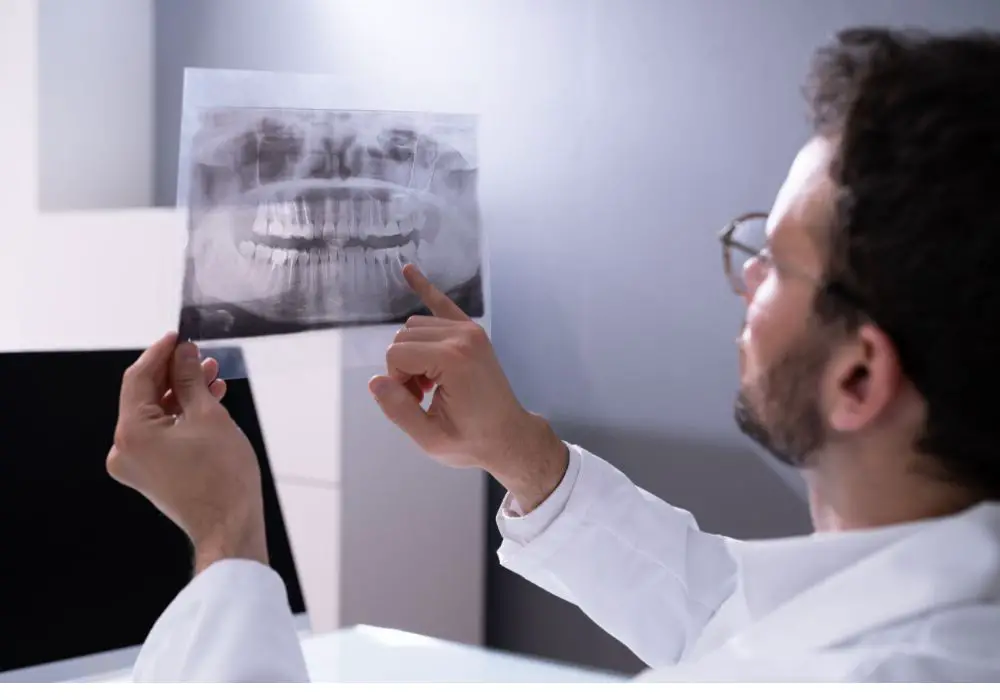
Some potential complications that can develop over time if swollen and infected gums around wisdom teeth are left untreated:
- Spreading infection – cellulitis, abscesses
- Cysts – fluid-filled sacs
- Damage to adjacent teeth
- Difficulty chewing, swallowing, speaking
- Spread of infection to jawbone – osteomyelitis
- Scarring
- Tooth decay
- Gum recession
- Periodontal disease
Waiting it out is not a wise option with swelling around wisdom teeth. Getting an accurate diagnosis and following your dentist’s advice can help avoid many future dental problems.
What your dentist will do
- Clinical exam – check for swelling, tenderness, mouth opening, lymph nodes, decay
- Medical history – allergies, medications, health conditions
- X-ray – evaluate wisdom tooth position and health of surrounding structures
- Diagnostic tests – check for infection
Initial treatment may involve:
- Prescription antibacterial mouthwash
- Antibiotics if infection is present
- Pain medication
- Wisdom tooth extraction (if indicated)
Follow-up visits will be scheduled to monitor healing and recovery. Your dentist will advise on home care and ways to prevent gum swelling in future.
Treatment options for swollen gums around wisdom teeth
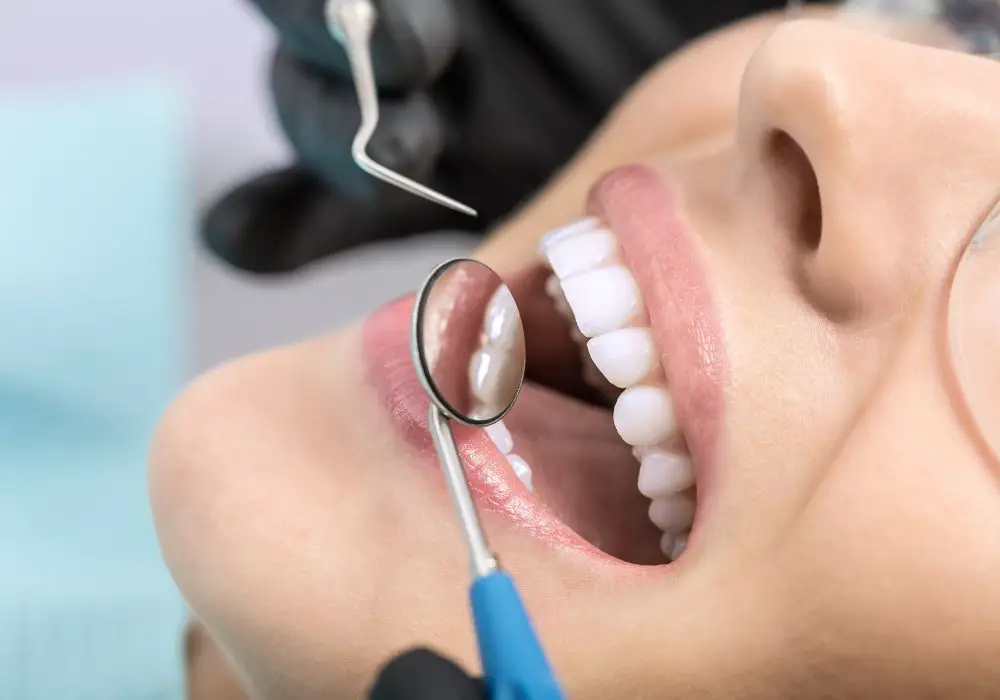
The recommended treatment will depend on factors like the severity of symptoms and position of your wisdom teeth. Options include:
Medications
- Pain relievers – ibuprofen, acetaminophen for pain relief
- Antibiotics – penicillin, amoxicillin to clear infection
- Antimicrobial mouthwash – chlorhexidine rinse reduces bacteria and inflammation
- Steroid medications – helps reduce swelling and pain
Wisdom tooth removal
This may be necessary if the tooth is impacted, badly positioned or decayed. Removing the wisdom tooth provides relief from pain and swelling. The gum tissue heals quickly after extraction.
Root canal
If the wisdom tooth can be saved, root canal therapy will remove infected pulp tissue and prevent further infection. A filling or crown is placed to restore the tooth.
Draining abscess
If a pus-filled abscess is present, the dentist will drain and irrigate the area to clear infection and relieve pressure. Antibiotics are prescribed.
Gum surgery
Surgery like gingivectomy can be done to remove excessive gum tissue that may be trapping debris and causing swelling and infection.
Regular dental visits and good oral hygiene will help minimize swelling problems after treatment. Contact your dentist at the first sign of any recurring gum issues around wisdom teeth.
Home remedies for temporary relief from swollen gums
Along with professional treatment, these self-care measures can provide some relief from wisdom tooth swelling:
- Salt water rinse – Dissolve 1 teaspoon salt in a glass of warm water. Swish this gently around the swollen gums 2-3 times a day. Saltwater helps reduce inflammation and tender gums.
- Warm compresses – Place a warm, wet towel against the outer cheek near the swollen gums. Do this several times a day for 10 minutes to reduce pain and swelling.
- Cloves – Place a ground clove powder directly over the swollen gums to numb pain. Cloves have analgesic and anti-inflammatory properties.
- Turmeric paste – Mix some turmeric powder with water and apply on swollen gums using a cotton ball. Turmeric contains curcumin that relieves pain.
- Avoid irritants – Stop usage of tobacco, alcohol-containing mouthwash and spicy foods around infected gums as these can aggravate swelling and pain.
- Proper oral hygiene – Gently brush teeth twice daily and floss carefully after meals. Use an antiseptic mouthwash. Keep the wisdom teeth area clean to prevent food lodging.
These measures can temporarily relieve discomfort but do not treat the underlying cause. It is important to see your dentist to have the condition properly evaluated and treated.
Prevention tips
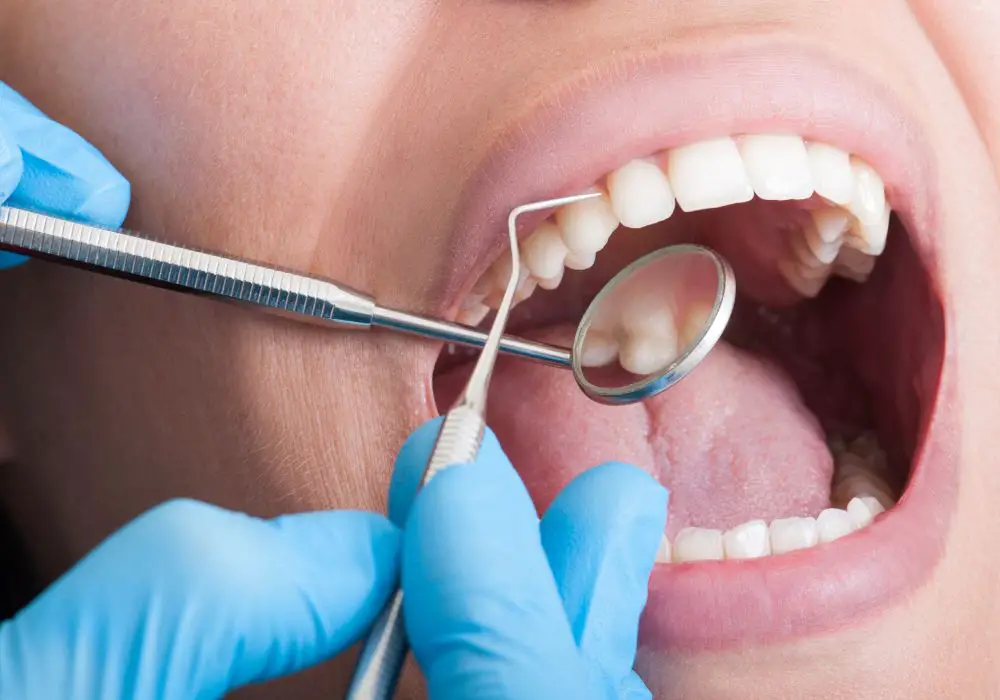
You can take some measures to prevent recurrence of swollen gums around wisdom teeth:
- Get regular dental cleanings and checkups even after wisdom teeth removal. See your dentist at the first sign of any gum issues.
- Maintain good oral hygiene – Brush twice daily, floss daily, use antibacterial mouthwash.
- Rinse mouth after meals – Clean the wisdom teeth area after eating to remove trapped food.
- Quit smoking – Tobacco negatively affects gum health and healing.
- Follow dental hygiene instructions – Your dentist may recommend special brushes, prescription toothpastes or mouthwashes.
- Get wisdom teeth removed – This prevents swelling and infection if the teeth are problematic. Discuss extraction with your dentist.
Prompt dental care, maintaining cleanliness of the wisdom teeth area and removing problematic teeth can help reduce chances of painful gum swelling.
Frequently Asked Questions
What if my wisdom tooth is not fully erupted yet?
Partially erupted wisdom teeth have a high risk of problems like pericoronitis since it is difficult to clean the tissue around them. Food and bacteria accumulate under the flap easily. See your dentist for evaluation if swelling and pain occur – extraction may be needed to treat and prevent recurrence of infection.
How quickly will my swollen gums heal after wisdom tooth removal?
With the source of irritation gone, gums heal quickly after wisdom tooth extraction. Swelling and tenderness generally subside within a week. Continue using antiseptic mouthwash, pain medication and salt water rinses as advised by your dentist for optimal healing.
Can swollen gums indicate oral cancer?
It is highly unlikely for gum swelling around wisdom teeth to be related to oral cancers. However, any swelling, ulcer or lump in the mouth that persists for more than 2 weeks must be evaluated by a dentist to check for malignancy. Your dentist can determine if a biopsy is needed to rule out oral cancer.
Is gum surgery necessary to treat wisdom tooth swelling?
Not always. If there is excessive gum tissue trapping food particles and causing recurrent infections, your dentist may recommend gum surgery to reshape the tissue around the wisdom tooth. But in most cases, swelling can be resolved with antibiotics, mouth rinses and wisdom tooth removal without the need for gum surgery.
Can I delay wisdom tooth extraction if there is minor swelling?
It is best not to delay extraction if your dentist recommends it. The swelling indicates infection which will worsen over time. Wisdom teeth that are decaying, impacted or have recurrent infections like pericoronitis often need extraction to prevent complications. Get it done as soon as possible.
Summary
Swelling around wisdom teeth is commonly due to infections like pericoronitis that get trapped under the gum flaps surrounding partially erupted wisdom teeth. Food debris and bacteria accumulation in hard-to-reach areas promote infection. Other causes can include periodontal disease, trauma, tumors and cysts.
See a dentist promptly if you have persistent, painful swelling around your wisdom teeth. The dentist will examine your mouth, order X-rays and tests, and start antibiotics if infection is present. Wisdom tooth extraction is often needed for problematic teeth. Manage swelling episodes with saltwater rinses, pain medication and dental treatment. Maintain excellent oral hygiene to avoid recurrence.

